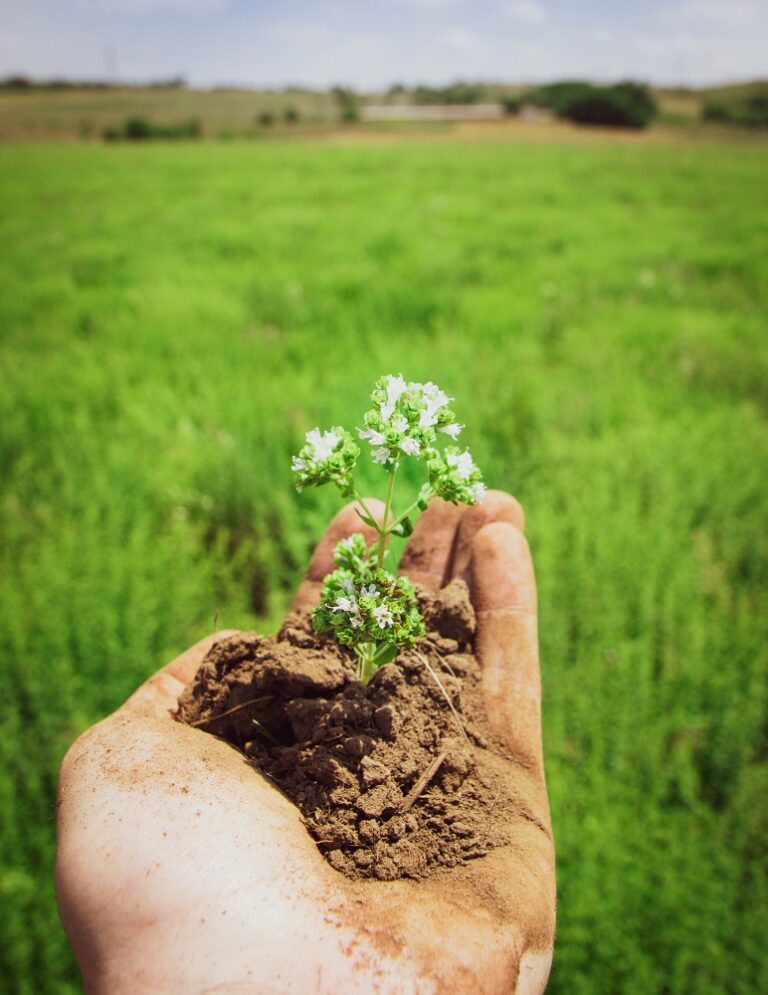Enhancing poultry health and performance with oregano essential oil
The EU is one of the world’s top poultry meat and egg producers and is also a net exporter of poultry products. The challenges facing producers are numerous, the most topical of which includes requirements to further reduce antibiotic usage and protect the efficacy of antimicrobials, helping to reduce the risk of antimicrobial resistant bacteria (AMR).
Veterinarian and corporate development director at Anpario, Dr Helen Houghton, says safeguarding antibiotic usage can be done by using natural products to support poultry health and performance. “The use of herbal extracts, such as oregano essential oil, can offer a multitude of benefits to poultry producers, helping to maximise bird performance, boost producer profitability whilst naturally reducing the need for antibiotics.”
This can be done as part of a ‘4 R’s’ approach to antibiotic usage, says Houghton: “Review, Reduce and Replace antibiotics Responsibly”.
Oregano essential oil is well-documented for its antimicrobial action when included in the diets of various poultry species, says Houghton. The presence of numerous compounds within 100% natural oregano essential oil have been shown to offer many benefits to poultry. “Oregano essential oil has been found to have both antiparasitic and antioxidant functions, as well as in both immunomodulatory and anti-inflammatory processes” explains Houghton.
Products such as Orego-Stim, is based on a unique variety of oregano plant. It has been found to be particularly effective in supporting birds during periods of disease challenge, such as coccidiosis and Necrotic Enteritis, helping to reduce requirements for antibiotics, says Houghton.
Necrotic Enteritis (NE) is a primary reason for antibiotic use in poultry and its occurrence has been increasing recently. Estimated industry costs exceed £1.6 billion globally and this is thought to be increasing following efforts to reduce the preventative use of antibiotics in poultry production.
“Clostridium perfringens, types A and C, are the bacteria associated with NE. Reduced feed efficiency as a result of NE is common due to the extensive damage caused by the release of toxins from common gut bacteria in the birds’ gastrointestinal tract”, explains Houghton.
“This can lead to an impaired growth rate and poor feed conversion ratio. Additionally, NE is also associated with extremely high mortality rates, all of which increases economic losses and reduces producer profitability”. Oregano essential oil has been found to help prevent the negative impact of NE and the inclusion of products such as Orego-Stim in diets of broilers co-challenged with coccidiosis and Necrotic Enteritis has been shown to improve performance, feed efficiency and gut health, reducing incidence of lesions within the gastrointestinal tract, she says.
Coccidiosis is a disease universally present across all poultry production systems, with global economic losses estimated to be around £2.5 billion per year in broilers alone. “It is a protozoal parasitic disease which results in extensive damage to the lining of the birds’ gastrointestinal tract and is caused by different species of Eimeria.” explains Houghton.
“Sub-clinical coccidiosis can result in depressed productivity, leading to reduced growth rates and inefficient performance. Clinical signs include elevated mortality and lower meat or egg production. Oregano essential oil can complement anticoccidial vaccination programmes”.
The natural feed additive helps to reduce the severity of negative implications associated with vaccination on bird performance, whilst still enabling birds to build immunity against the disease. In vaccinated birds challenged with a coccidiosis the addition of dietary oregano essential oil was found to improve overall body weight gain and feed conversion ratio (FCR).
“These properties mean that oregano essential oil can be used throughout the production cycle or targeted at periods of disease challenge. Our aim is to safeguard antimicrobials to ensure future effectiveness and reduce the risk of AMR by providing natural alternatives whilst optimising poultry performance,” says Houghton.


